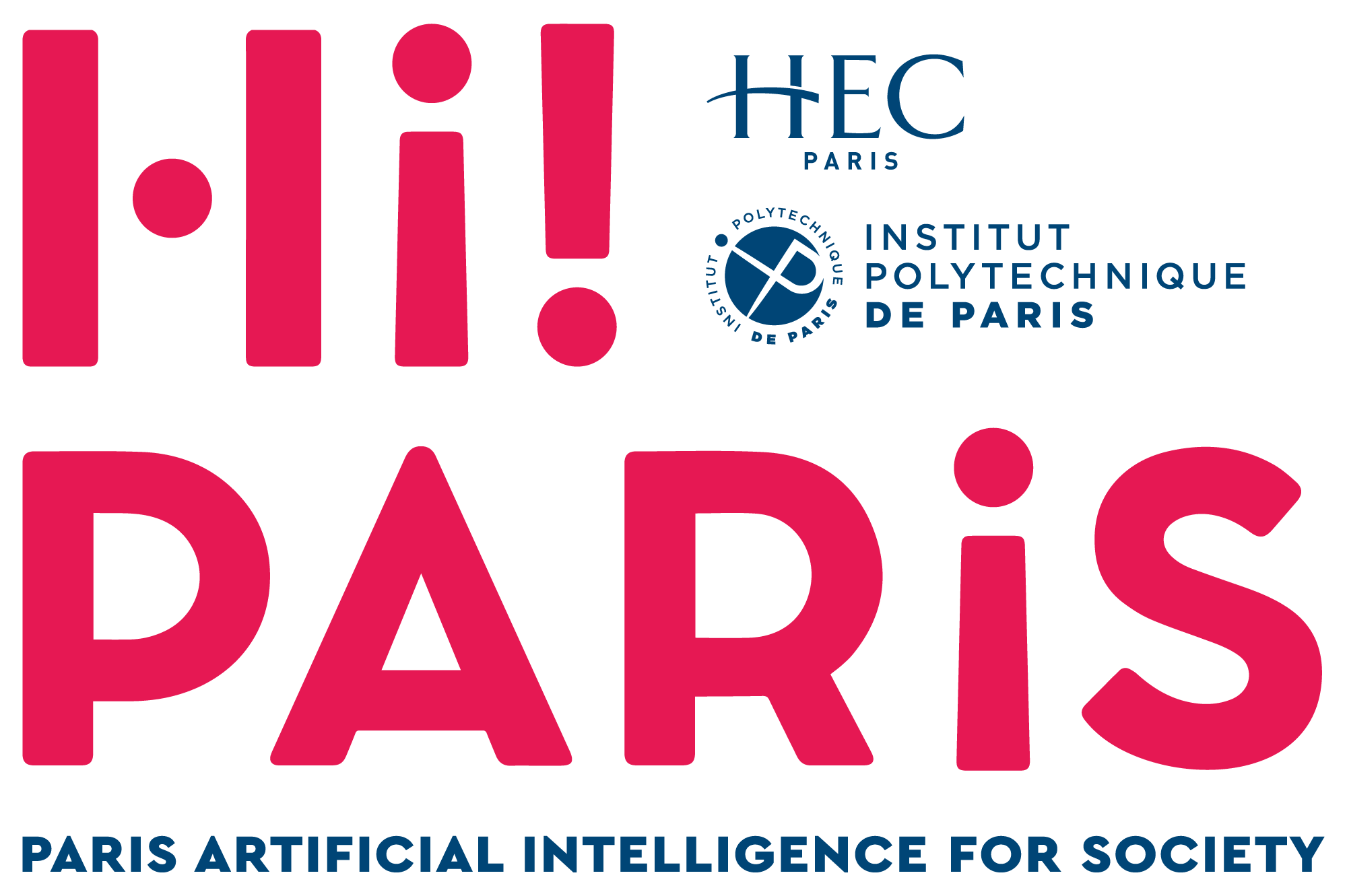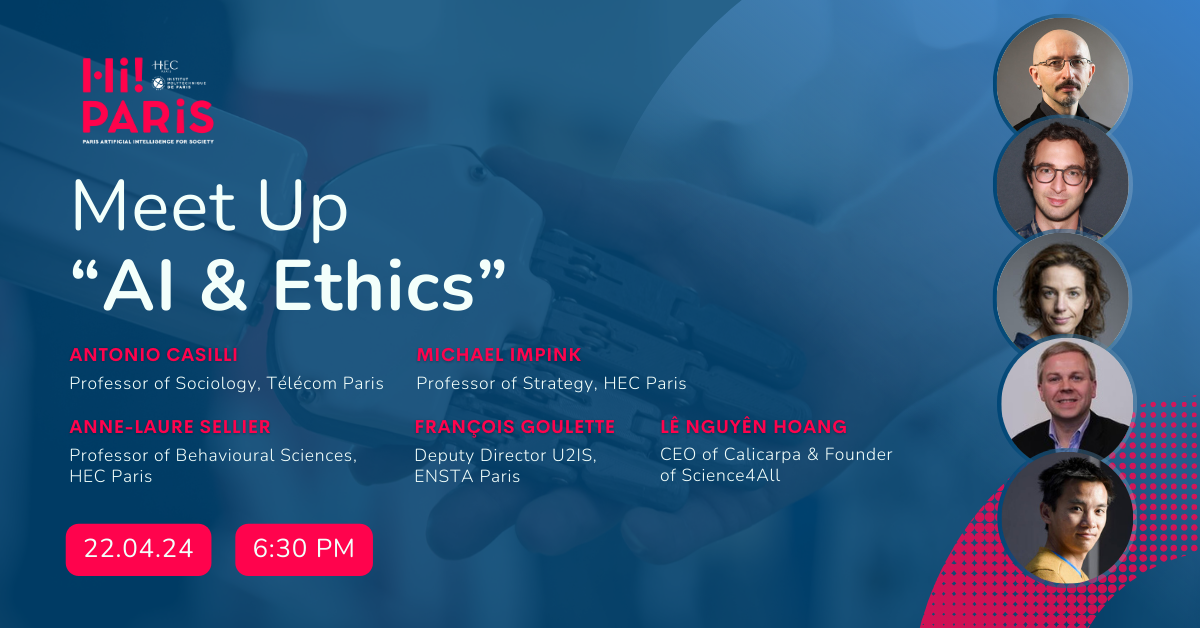Hi! PARIS Meet Up! on AI & Ethics
The third Hi! PARIS Meet Up! event will be dedicated to “AI & ETHICS”. The event will be hosted at Capgemini.
A great opportunity to connect to the latest research and to network with business leaders and academics.
Come and join us !
MEET UP! ON AI & ETHICS
Monday 22 April, 6:30-9:00 PM (Paris Time)
At Capgemini (147 quai du Président Roosevelt, Issy-les-Moulineaux).
This event is open to all who are interested in the topic and willing to take part in the discussion (business leaders, R&D / R&T / R&I Teams, Data scientists, Prospectives team, policy makers…).
How to access the venue?
The parking space request at Capgemini is included in the registration form. An email will be sent to the requesters with the details.
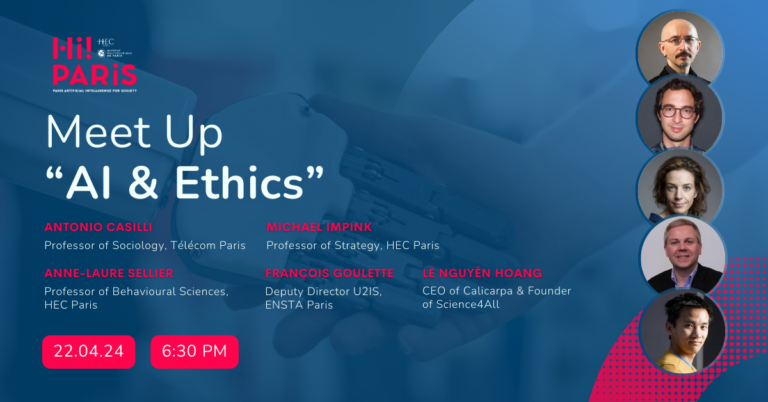
If you’d like to attend the event, reach out to contact@hi-paris.fr for your personal invite!
Hi! PARIS Meet Up on AI & Ethics
We will gather around the theme “AI & Ethics“.
In today’s rapidly advancing technological landscape, Artificial Intelligence (AI) has become a transformative force across industries, revolutionizing how we live, work, and interact. However, as AI capabilities continue to evolve, so do the ethical considerations surrounding its deployment and use.
AI & Ethics explores the intersection between artificial intelligence and moral principles, aiming to address the ethical challenges and implications arising from AI technologies. This interdisciplinary field covers various complex topics, such as data privacy, algorithm fairness, transparency, accountability, and how AI impacts society.
As AI systems increasingly influence decision-making processes and human experiences, it IS imperative to navigate these ethical dilemmas responsibly. By fostering dialogue and collaboration among researchers, industry professionals, policymakers, and the broader community, AI & Ethics endeavors to ensure that AI developments align with societal values, promote equity, and prioritize human well-being.
Our upcoming Meet-Up provides an opportunity to connect to the latest research and to network with business leaders and academics, fostering discussions and exploring actionable strategies to navigate the ethical dimensions of AI.
Join us for presentations and a panel discussion of Hi! PARIS researchers in the domain and let’s discuss of AI & Ethics and beyond!
Take the opportunity to meet young researchers from Hi! PARIS network who will present their PhD thesis through posters.
Program
Welcome to the venue from 6:30 PM.
The event will officially start at 6:30 PM with a poster session: our young researchers will present their doctoral thesis in a very accessible manner.
From 7:15 PM, we will gather for a panel discussion with Hi! PARIS researchers experts in this domain and a Q&A session with the audience.
- Michael Impik (HEC Paris)
“Understanding the link between ethics and performance for AI startups”
Click here to download the presentation
Abstract: Do high-tech startups benefit from having more ethical AI development practices? Even without AI regulations, startups adopt ethical AI policies, consult expert guidance, train employees about bias, and hire minority programmers to manage ethical issues associated with data collection, storage, and usage. There is evidence that investors reward startups that take more costly preventative pro-ethics actions.
- Antonio Casilli (Telecom Paris – IP Paris)
“AI Ethics Without Class Struggle is Just an Echo Chamber for Corporate Drones”
Abstract: Brazilian activist Chico Mendez famously remarked in 1984: “Ecology without class struggle is gardening”. 40 years later, what implications does advocating for the protection of both human and natural environments have for artificial intelligence? Based on extensive research conducted by IP Paris’s DiPLab in Africa and Latin America, this talk highlights the need to include human labor and natural resource extraction in ethical AI discussions.
- François Goulette (Ensta Paris – IP Paris)
“Can we teach AI Ethics ? – An experience feedback”
Click here to download the presentation
Abstract: Some time ago, a group of computer science professors were agreeing about the paramount importance and growing concern about AI Ethics. They were willing to set up a course on this topic for a new Master training in Artificial Intelligence (IASD Master at PSL University, to which I was affiliated at that time). But no course was available to our knowledge, and none knew precisely how to manage this.
It took hours of discussions and contacts to consider the question “how do we teach AI Ethics ?” and eventually set up a 30 hours course*. It has now been given 6 times and meets the interest of enthusiastic students. It combines multidisciplinary plenary lectures and group studies on existing products or services using AI. This talk describes how the course is given, how some answers were provided but how new questions raised, such as: “can we teach AI Ethics ?”
Web site of the course (in French, “Ethique et IA”): https://www.caor.minesparis.psl.eu/presentation/cours-eia/
“AI Security”
Abstract: While AI systems yield fantastic opportunities, they are also plagued with cyber vulnerabilities, which can endanger companies that integrate them with insufficient care. After recalling the main categories of AI risks, namely privacy, evasion, poisoning and misuse, which will be illustrated with real-world cases, I will discuss mitigation strategies.
From 8:15-9:00 PM, we will have the opportunity to extend the discussion with a networking cocktail on the terrace of the venue.
Registration
Registration is free and mandatory.
The speakers
The panel of the round table is composed of experts within these fields from Hi! PARIS institutions. They will give short presentations, as well as participate to a general round table discussion around the topics of AI & Ethics!
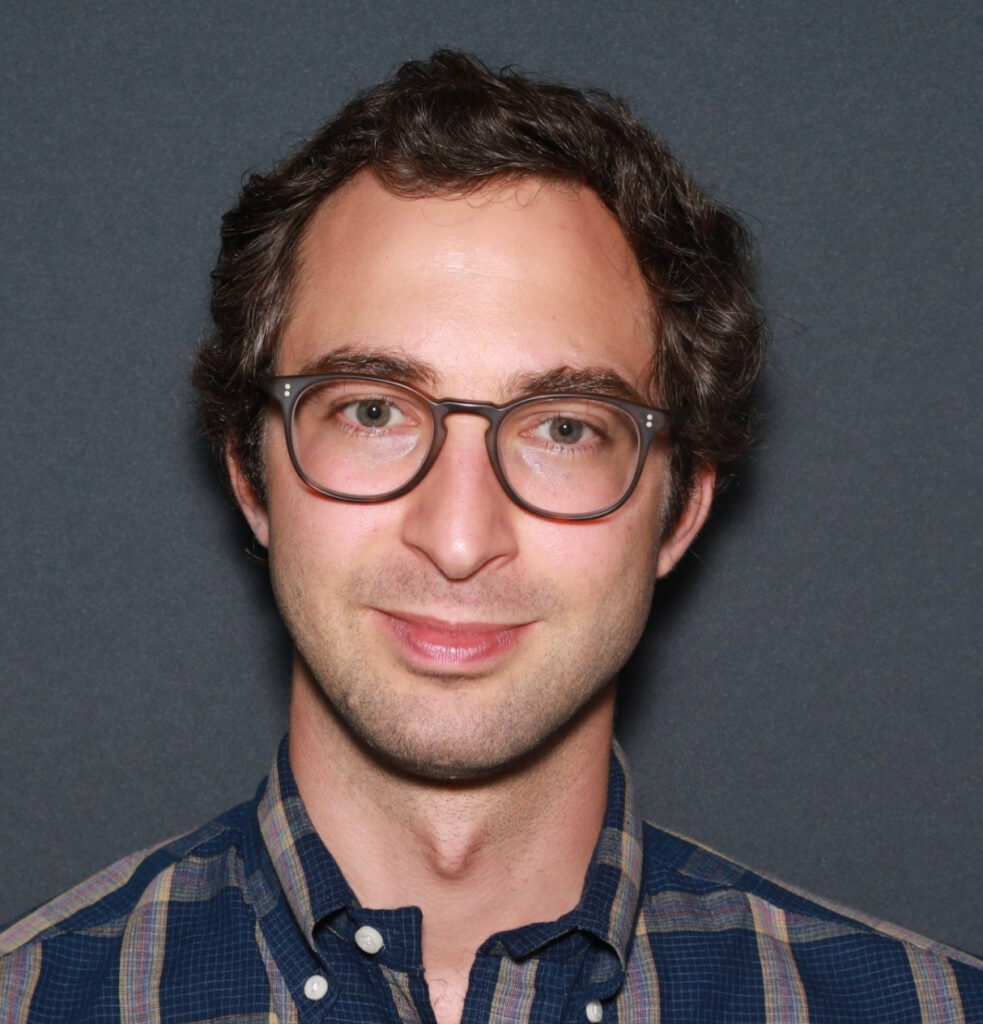
Michael Impik
Michael Impink is an Assistant Professor of Strategy at HEC Paris and a research affiliate at Hi! Paris (AI for Society and Business) and Boston University TPRI. He holds a PhD in Management from NYU Stern, and his research focuses on how digitization impacts firm structure and performance.
Prior to the PhD, Michael was a senior manager at Microsoft based in Seattle and Singapore and a fellow at Harvard University’s Weatherhead Center for International Affairs. He also has an MBA (University of Chicago Booth), a master’s degree in Economics (Duke University), and a bachelor’s degree in Business (University of Georgia)
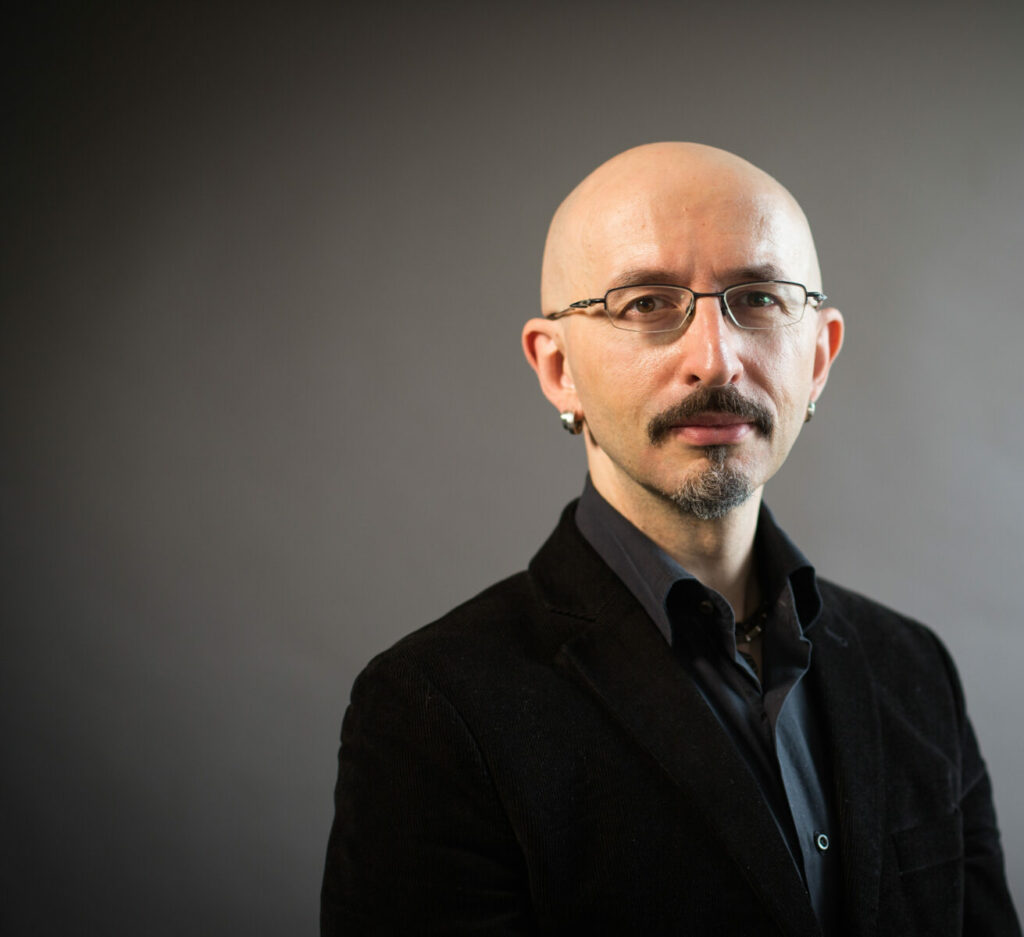
Antonio Casilli, Télécom Paris – IP Paris
Antonio A. Casilli is a professor of sociology at Télécom Paris, « grande école » of the Polytechnic Institute of Paris and a researcher at the Interdisciplinary Institute on Innovation (i3), an institute of the French CNRS.
He is also an associate fellow in sociology at the LACI-IIAC (Critical Interdisciplinary Anthropology Center, formerly Edgar Morin Centre) of the School for Advanced Studies in Social Sciences (EHESS, Paris), where since 2007 he has been facilitating the the seminar Studying digital cultures. In 2018, he became a faculty fellow et the Nexa Center for Internet and Society of the Polytechnic University of Turin.
His main research foci are computer-mediated communication, labor and civil liberties. Since 2009, he has been coordinating several international research projects (notably in China, South Korea, Russia, Cuba, Brazil, Bolivia) focusing on online social networks, labor, health, and privacy. He also studies advanced ethno-computational methods and agent-based simulation for social science.
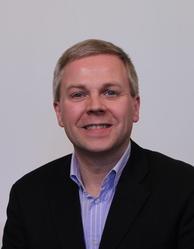
François Goulette, ENSTA Paris – IP Paris
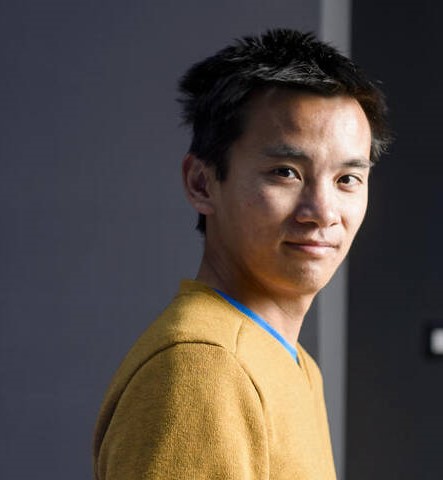
Antonio Casilli, Télécom Paris – IP Paris
A graduate of École Polytechnique, Lê Nguyên Hoang obtained his doctorate at Polytechnique Montréal, then worked at MIT and EPFL, in artificial intelligence security.
He is CEO of the cybersecurity company Calicarpa, while carrying out research activity in artificial intelligence security and popularization in different fields of science, such as mathematics, computer science or physics, and is committed to promote Bayesianism, reflection on better debate and the ethics of artificial intelligence.
